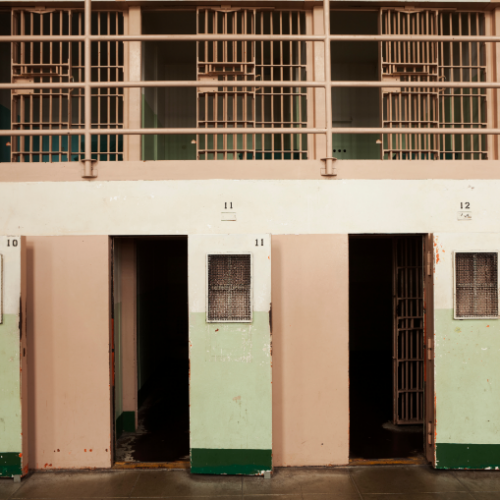Interim Report: A Framework to Improve How Fines, Fees, Restitution, and Child Support are Assessed and Collected from People Convicted of Crimes
This report describes how fines, fees, and restitution are assessed in criminal courts in Texas, how these court-ordered financial obligations are collected, and how these assessments and collections account for child support that defendants may already owe. This report reviews the challenges court officials encounter under the current system and recommends strategies to clarify and streamline existing policies. Using the findings and recommendations in this report, state and local government policymakers can launch an effort to increase financial accountability among people who commit crimes, improve rates of collection for child support and victim restitution, and ensure people's transition from prisons and jails to the community is safe and successful.
A positive school experience, where a child feels secure, is essential for their well-being. However, for many children…
Read MoreWhen returning to their communities from criminal justice settings, people with behavioral health needs face barriers in accessing…
Read More Supporting Children of Incarcerated Parents: Reimagining School and Community Collaboration
Supporting Children of Incarcerated Parents: Reimagining School and Community Collaboration
A positive school experience, where a child feels secure, is essential for their well-being. However, for many children with incarcerated parents—one in 14 in the U.S.—school can feel far from safe due to stigma, trauma, and a lack of understanding.
Read More Bridging Communities and Correctional Systems: Q&A with CSG Justice Center Advisory Board Member Commissioner Nicholas Deml
Read More
Bridging Communities and Correctional Systems: Q&A with CSG Justice Center Advisory Board Member Commissioner Nicholas Deml
Read More
 Assigned to the Cloud Crew: The National Incarceration Association’s Hybrid Case Management for People with Behavioral Health Needs
Assigned to the Cloud Crew: The National Incarceration Association’s Hybrid Case Management for People with Behavioral Health Needs
When returning to their communities from criminal justice settings, people with behavioral health needs face barriers in accessing basic needs—including food, housing, employment, transportation, education, clothing, and substance use and mental health services—which increases their risk of experiencing a crisis.
Read More Meet the Medicaid and Corrections Policy Academy Mentor States
Meet the Medicaid and Corrections Policy Academy Mentor States
New Hampshire Department of Corrections Commissioner Helen Hanks presents at the Medicaid and Corrections Policy Academy in-person meeting.
Read More Taking the HEAT Out of Campus Crises: A Proactive Approach to College Safety
Taking the HEAT Out of Campus Crises: A Proactive Approach to College Safety
The sharp rise in school shootings over the past 25 years has led school officials across the U.S. to take a closer look at ways to keep students safe. For Chaffey College in Rancho Cucamonga, California, a tragic incident at a nearby university hit close to home and spurred campus leaders to revisit their own school’s threat assessments and crisis responses.
Read More










